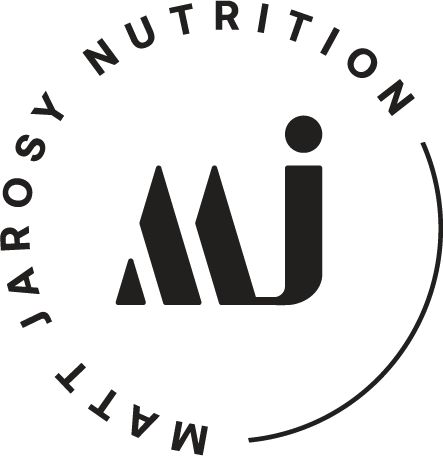Are artificial sweeteners worse than sugar?
Artificial sweeteners are common place in many of the foods and drinks we consume now, perhaps more so in the latter. The idea of ‘zero calories’ is of course very alluring to those wanting to lose weight but in reality, they actually trick your body into consuming more food and may even influence your risk of metabolic syndrome.
Six artificial sweeteners are currently approved by the FDA: aspartame, acesulfame potassium (also sometimes with a ‘K’), saccharin, sucralose, neotame and advantame. These are very powerful compounds at keeping food sweet, about 100 times more than regular sugar. Interestingly, aspartame is the only one of these which is broken down by the body, the rest pass through you ‘undigested’. This is why they are labelled zero calories.
Some of the more recent research is starting to call into question how these compounds interact with our microbiome. For example, in one study, a group of individuals who normally do not normally consume artificial sweeteners, consumed saccharin for a week. There was a significant change in the gut microbiome of the majority of participants but more importantly, they’re microbiome began resembling that of those found in type 2 diabetics, i.e increased bacteroides and decreased Clostrialetes. This finding is further reinforced by a study of 381 non-diabetic subjects who consumed greater artificial sweeteners; they had greater metabolic syndrome parameters, one of which is impaired glucose intolerance.
This effect seems odd at first because you would expect to find the opposite but even animal studies seem to be showing this. In one study, mice were given three sweeteners (aspartame, saccharine, sucralose) in their drinking water for eleven weeks. Those given the artificially sweet water actually developed marked glucose intolerance whereas the mice given normal sugar had normal glucose tolerance. Tricking your physiology into zero calories might not be as straightforward as first thought it seems.
More research is needed in this area, for example, how exactly are the microbiome alterations from artificial sweeteners affecting metabolic pathways? Research does seem to suggest that the microbiome alterations are having an effect because when researchers transfer fecal matter from one animal (consuming artificial sweeteners) into controls, the control group go on to develop glucose intolerance. Generally I tell people to avoid artificial sweeteners to be on the safe side but that doesn’t mean the sugar gets a green light all of a sudden either. Both should be limited where possible.
